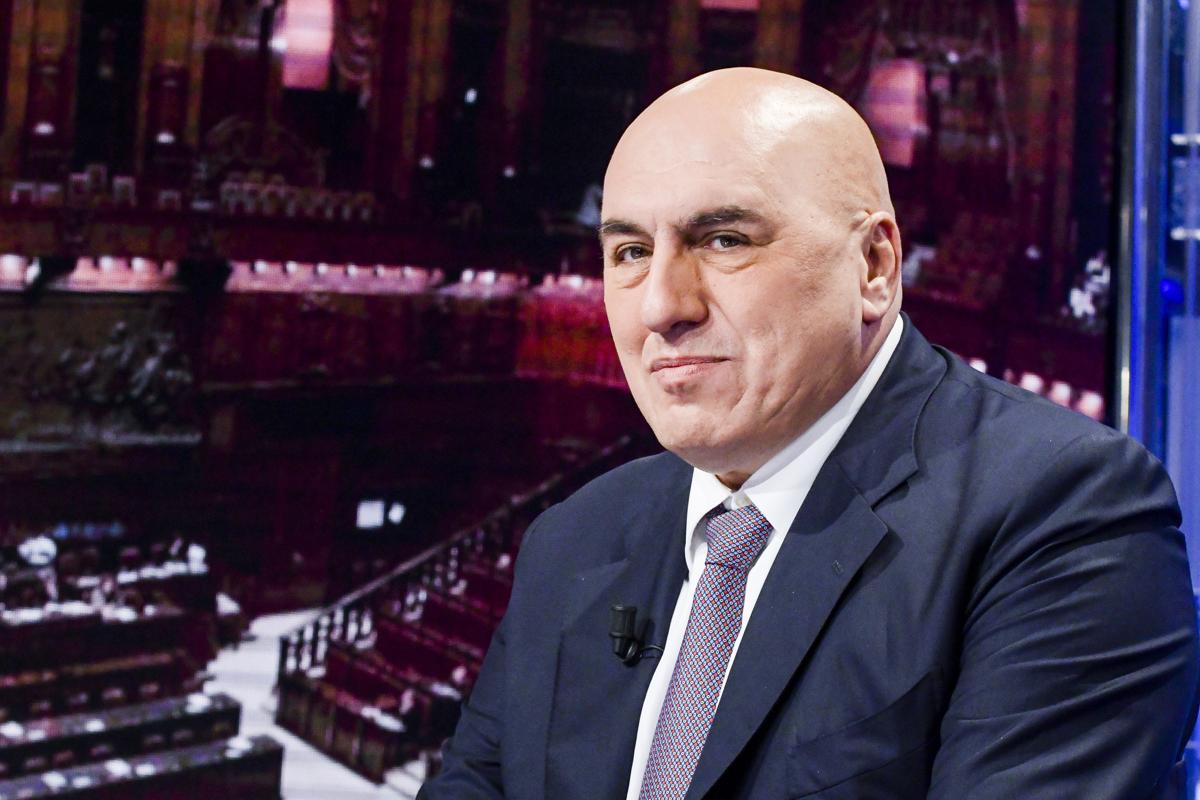Towards the law on the day of national unity
We learn from parliamentary sources that a law is in the pipeline to name November 4th “National Unity and Armed Forces Day”. What would be the news? For years the celebration of November 4th had been dedicated, even protocolally, to our soldiers. Let’s reconstruct history. The law of 27 May 1949, n. 260, had already established the public holiday on that date, naming it “National Unity Day”.
The same law established that “public buildings are flagged on national holidays, civil solemnities and 25 April, 1 May and 4 November”. A subsequent law of 1977, n. 54, abolished the (non-working) public holiday for the dates of 2 June and 4 November, transferring the celebrations to the first Sunday of the two months. The provision accompanied the suppression of some religious holidays (Epiphany; St. Joseph; Ascension; Corpus Domini; SS. Apostles Peter and Paul) which also filled our calendar with red dates. That law caused immediate popular rebellion, not because of the very important civil holidays of June 2nd and November 4th, but rather for the sacrilegious abolition of the Befana. So, following the new Concordat with the Holy See of 18 February 1984 and by popular acclaim, the Epiphany of 6 January came back into vogue with a Presidential Decree of 1985, together with SS Peter and Paul (but only for the city of Rome ).
We had to wait for a law of 2000 (n. 336) and the stubborn attention towards national symbols by President Ciampi, to restore the national holiday of the Republic as a public holiday on 2 June, while November 4 remained working.
A circular from the Ceremonial Office of the Presidency of the Council underlined that 2 June (Anniversary of the foundation of the Republic), 4 November (National Unity Day) and 25 April (Anniversary of the Liberation) they are celebrated in the capital and in all provincial capital cities as “civil national holidays”. Important days, says the protocol, in which public buildings are decorated with flags, where possibly gala lighting is carried out, those awarded OMRI honors wear the insignia and official ceremonies are also held in embassies abroad. It is established that on these dates the President of the Republic places a laurel wreath at the Altare della Patria, near the shrine of the Unknown Soldier.
It is the republican state that worthily celebrates the history of the homeland.
Returning to the current decision of the dedication of 4 November to the Armed Forces, it must be specified that already in 1946, in a Council of Ministers on 12 October, the De Gasperi Government sanctioned that “the oath of the Armed Forces to the Republic and its Chief will take place on 4 November next”.
Incidentally, in the same provision it was added, to honor that date “…and that, provisionally, the Mameli anthem be adopted as the national anthem”. Well yes, because the republican Italy that emerged from the referendum did not yet have its own national anthem and needed to immediately replace the Royal March of Savoy origin. Again by the way, that “provisionally” reserved for our Mameli anthem remained so until law no. 181 of 4 December 2017 which, by God, definitively approved “Il canto degli Italiani”.
But let’s not deviate from the “November 4” theme. In essence, the Altare della Patria event on that date has for years also been dedicated to the Armed Forces. So much so that (only insiders know) the Head of State, after the deposition, first comes to greet the military authorities present on the shrine (on the left side) and then the civil authorities (on the right side) contrary to the practice scheduled for April 25th and June 2nd, precisely to specifically pay homage to our military on that first date. Furthermore, our Ministry of Defense usually organizes a series of celebratory events throughout the country on that day, including visits to barracks, band performances and more.
So why have some parliamentarians been working so meticulously for some time for the approval of a law that makes this solution official? It is difficult to explain it and understand its urgency, just as it is difficult to explain why in Italy we have two civil anniversaries dedicated to “National Unity”: November 4th, precisely, since the year 1949, as we have seen; and March 17, the day of the birth of the Kingdom of Italy (1861), following the law of November 22, 2012, which established the “Day of National Unity, of the Constitution, of the Anthem and of the Flag”.
How much parliamentary zeal, how much fervor of initiatives around the symbols of the nation, since that “provisionally” reserved for our anthem. Isn’t there some sense of guilt hiding behind all this? Perhaps, but above all there is a lot of confusion and lack of protocol attention.
